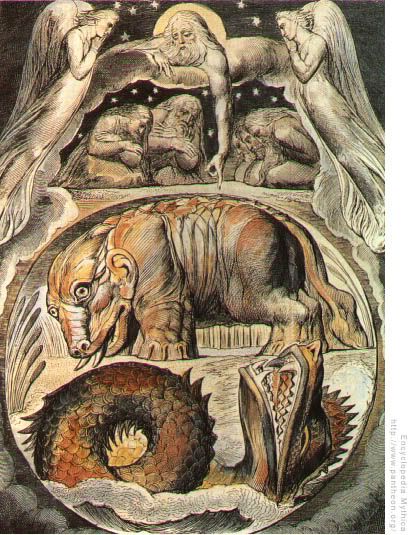Biola Educators Symposium--Part 1

I attended the most excellent Educator's Symposium at Biola this last weekend. I want to devote space to the challenges laid down at the conference, but I thought I would first report on one of the more informative lectures of the weekend. Dr. J.P. Moreland delivered a lecture on postmodernism that, while delivering a correct diagnosis of the problem with postmodernism, gave a strange prescription for its cure.
Dr. Moreland gave a very clear synopsis of postmodernism and deconstruction. I think even the most committed pomos would be satisfied with his definitions. I was very pleased that he did not take the easy route and attack the straw man of personal relativism (they say that anything goes!). Unfortunately, we would soon plunge into very deep water.
Dr. Moreland defined three types of knowledge: acquaintance, propositional, and skill. He made it very clear that we do not need to know with certainty to possess knowledge of the truth. I was beginning to fall into a fugue state of perpetual "Hmmm" at this point.
Moreland next defined truth as a relation between an idea (he never used "proposition" here, but hey, we're all teachers) and reality. If the two correspond, the thing is true. I don't know what to make of this. By saying "reality," don't we have to presuppose that what we call "reality" truly exists? How can we prove the truth about the thing by which all truth is proven?
At some point, Dr. Moreland mentioned that John 14:6 does not mean that Jesus is "the truth" in some sort of mystical way; he is merely making a statement about truly being the Messiah. I suppose God incarnate cannot be an eternal relation between such things as "green" and "brussel sprouts." I wonder, though, if Moreland's definition only covers how we humans experience truth. When God has an idea, He does not need to compare it to reality to know if it is true or not. He is the very definition of reality, and in Him we all have our reality. I cannot see how He is not truth itself, just as He is love.
Now that I have returned home to the blessings of broadband, I have been able to discover that Dr. Moreland is a Molinist. The disturbance in the Reformed force that I felt was indeed real. Molinists believe that they have got at the nature of the Almighty's thoughts through their own philosophy. I don't recall any of us being there when the Almighty measured off the heavens, so I'm not quite sure how Molinists know so much about it. They are fighting hard to pull Leviathan out with a hook.
None of this is to say that Dr. Moreland was in any way arrogant or dogmatic. He seems to be the model of a Christian gentleman. Had his material on postmodernism been less useful, I would not have been so frustrated with his digression into epistemology (Molinists like this type of sentence). His purpose was to distinguish his idea of worldview from the constructivist and presuppositionalist views. He sees worldviews as sets of habits that may be set aside to truly see things as they are. This too is problematic. When we talk about the ultimate question of salvation, people are dead in their sins until God intervenes. They're not "mostly dead." They're not suffering from a set of bad habits. Moreland's view fails when it matters most.
I commend Dr. Moreland for lecturing on epistemology to a group of teachers. Most of us need this kind of intellectual challenge. However, I think his time would have been better spent addressing the epistemological problems with postmodernism rather than trying to convince us of his curious view.
Category: Theoblogia



0 Comments:
Post a Comment
<< Home